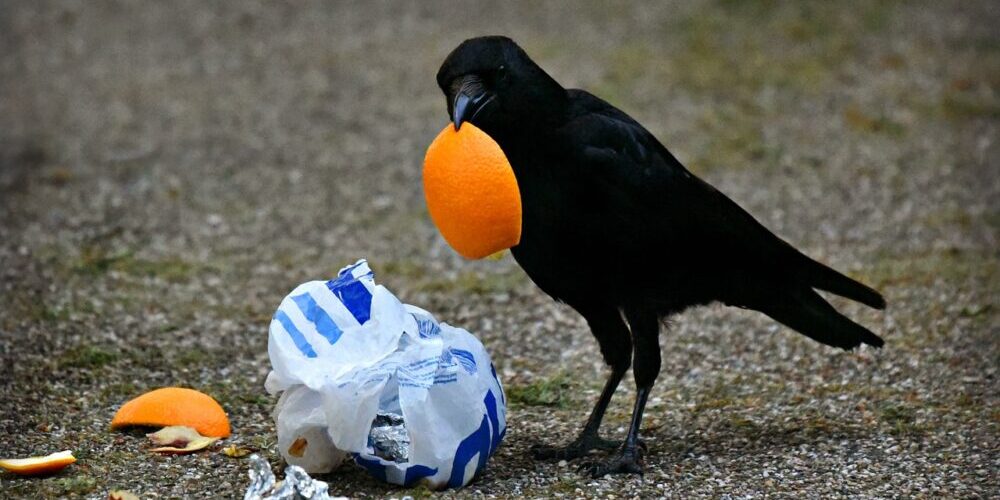The Council has been debating and moving toward adopting the pay-as-you-throw system for more than six months. It adopted the system in a 13-0 vote on Tuesday.
“It will be an eye-opener for everyone in the city. We will have to spread the word, ” Councilor Gary Labrie said.
Currently Chicopee will collect any amount of trash placed on the curb and the system is entirely paid through real estate taxes. But the privately-owned Chicopee Sanitary Landfill is expected to close in January 2018 and when it does the city will lose about $1.75 million in annual benefits, which includes an about $1 million host fee owners pay and the ability to dump trash at a dramatically reduced rate.
Under the new trash collection system, slated to begin around May, every household will receive an about 35-gallon trash barrel which will be collected once a week at no charge. Residents who have additional trash will have to purchase a specially marked yellow trash bag to be collected. The bags will cost about $1.50 for a small one and $2 for a larger one and will be available at most local stores and supermarkets, Kos said.
People will also no longer be able to bring their trash and bulk waste items to the landfill at no cost, Labrie said.
The current recycling system will remain the same. Each household has a 95-gallon recycling barrel and residents are encouraged to recycle as much as possible. The recycling is collected every other week at no charge and the city does receive a small amount of money by selling paper, plastics and metal to be recycled, he said.
The city received a $300, 000 state grant last week to purchase the new trash barrels to supplement the $400, 000 the City Council earmarked in June for the same purpose. The grant also included an additional $38, 000 that will be used to hire someone to oversee education and enforcement of the new program, Kos said.
The city has been encouraging people to increase recycling and is cracking down on people who don’t recycle or mix recycling in with trash, he said.
“Five hundred letters to date have been sent for non-compliance, ” said Stanley Kulig, the retired Department of Public Works superintendent who was hired as a consultant to implement the new program.
This summer the city began sending residents warning letters if they see they are not recycling. After two warnings, people will be fined $100 for violations.
City Councilors asked how the Department was going to handle illegal dumping that may be caused by people who don’t want to pay extra to get rid of their trash.
Kulig said the pay-as-you-throw program is common statewide and studies show illegal dumping does not increase when implemented. The city already has problems with illegal dumping even though trash collection is now free.
“Our challenge is to educate the residents. We don’t own the dump, we don’t own the land, ” Councilor Shane D. Brooks said.
Talking from personal experience, Brooks said his family of four recycles and never puts out more than one bag of trash a week, so he said he does not believe people will have to purchase additional bags often.
Councilor James K. Tillotson said he is hoping the city will not have to increase the budget for trash collection under the new system.







